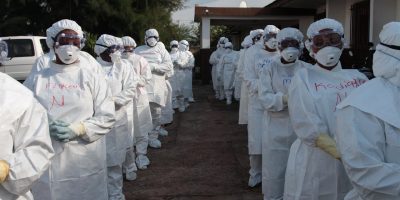Search
Search within Sierra Leone
95 results found
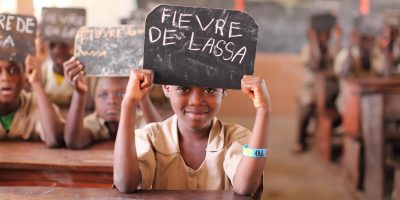
Background report
Emerging Disease or Emerging Diagnosis?: Lassa Fever and Ebola in Sierra Leone
It has become routine to attribute the tragedy of the West African Ebola epidemic to inexperience and lack of knowledge. The states and citizens of Guinea, Liberia, and Sierra Leone were portrayed as entirely unfamiliar with Ebola and therefore without…
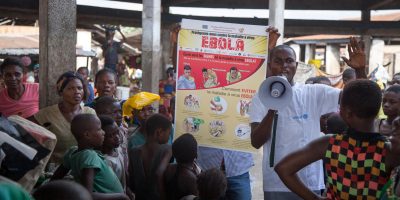
Background report
Ebola Through a Glass, Darkly: Ways of Knowing the State and Each Other
The Ebola epidemic unfolded in radically divergent manners in two neighboring villages in Sierra Leone, with one recording 40 cases and 20 deaths and the other recording zero cases, though they are located only 100 meters apart. Presented with identical…
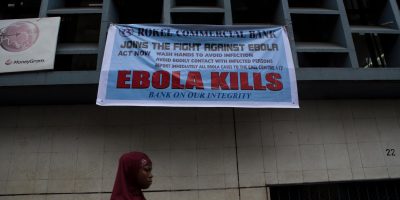
Background report
Ebola and Lessons for Development
As the Ebola crisis continues to unfold across West Africa and the international community belatedly responds, broader questions arise beyond the immediate challenges on the ground. These fundamentally challenge our understanding of ‘development’ as framed and practised in past decades.…
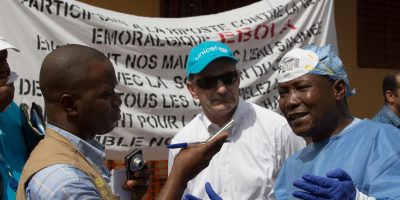
Background report
Comparison of Social Resistance to Ebola Response in Sierra Leone and Guinea Suggests Explanations Lie in Political Configurations not Culture
Instead of looking to 'culture' to explain patterns of social resistance (as was common in the media and in the discourse of responding public health authorities) a comparison between Sierra Leone and Guinea suggests that explanations lie in divergent political…
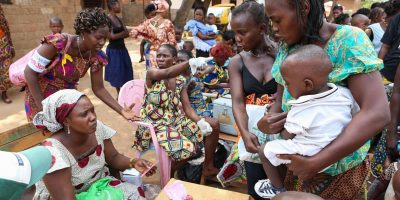
Background report
Where Are The Girls? Girls in Fighting Forces in Northern Uganda, Sierra Leone and Mozambique: Their Lives During and After War
This study contributes to what is currently known about the experiences of girls in fighting forces as distinct from those of boys. It is meant to assist policymakers in developing policies and programs to help protect and empower girls in…
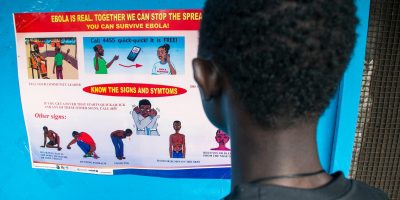
Background report
Ebola in the Context of Conflict Affected States and Health Systems: Case Studies of Northern Uganda and Sierra Leone
Ebola seems to be a particular risk in conflict affected contexts. All three of the countries most affected by the 2014-15 outbreak have a complex conflict-affected recent history. Other major outbreaks in the recent past, inNorthern Uganda and in the…
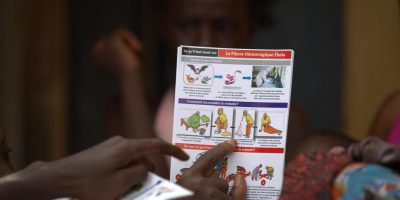
Briefing
Sierra Leone’s Young Community Leaders Are Best Weapon Against Ebola
Foreign leaders discussing solutions to the Ebola epidemic must acknowledge the contribution made by local workers to reduce infection rates.
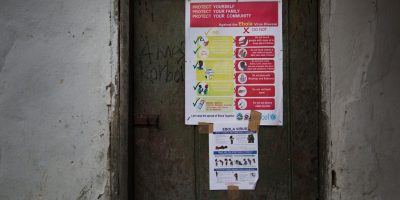
Briefing
Ebola Vaccine Trial in Sierra Leone Battles Against Fear and Logistics
Health workers face suspicion and a lack of cold storage as they test the Ebola vaccine and also try to reach children who have missed inoculations against other diseases.
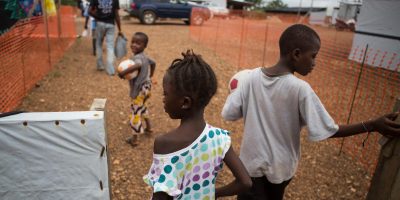
Evidence review
Research Update and Situation Analysis – Sierra Leone
The Dynamic Drivers of Disease in Africa Consortium is an ESPA1-funded research programme designed to deliver much-needed, cutting-edge science on the relationships between ecosystems, zoonoses, health and wellbeing with the objective of moving people out of poverty and promoting social…
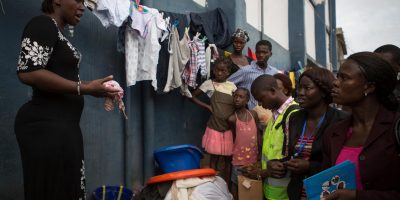
Briefing
Sierra Leone: Increasing Community Engagement for Ebola On-Air
WHO’s social mobilization team is using radio to reach communities with information about how to prevent the spread of Ebola in Sierra Leone.

Briefing
Sierra Leone: Inspiring Confidence and Trust in Ebola Care
In Sierra Leone’s Magazine Wharf, there are mixed perceptions around Ebola response systems. Ambulance services are met with especial scepticism. Many fear that a trip in the ambulance will end in death in an Ebola treatment centre or holding unit.…



